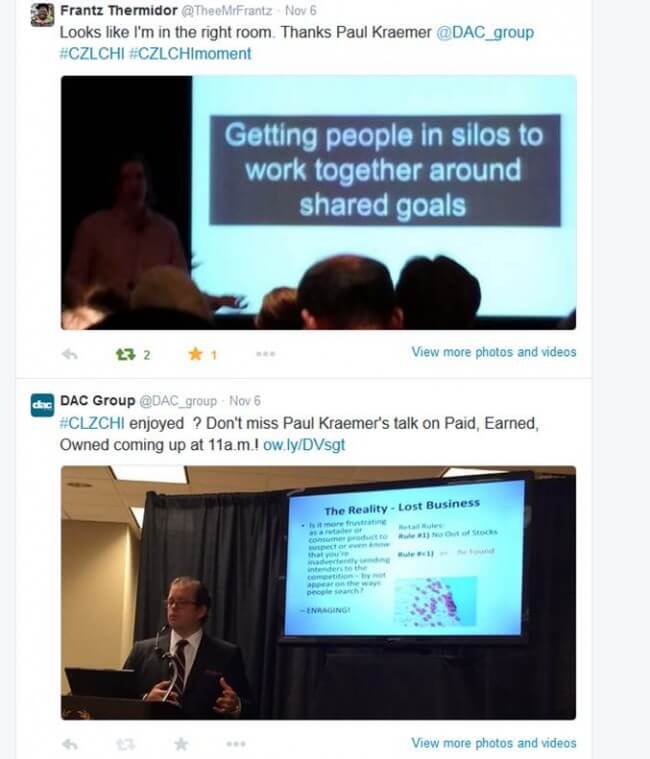
 Google-is-stealing-your-website-tra...
Google-is-stealing-your-website-tra... 
If you are seeing a drop in traffic to your website in 2018 I can assure you, you are not alone. With SERPs looking a lot more like the below and Knowledge Panels housing vast amounts of information, the reality of local search right now is a user can get a ton of information without ever making it to your website.

Anybody looking for the Johnson Space Center in Houston, TX will know the address, hours of operation, and even that you don’t need to be a pilot to apply to be an astronaut.

With this much information available in Knowledge Panels, it should be no surprise that brands and marketers are seeing drops in website traffic as Google answers more and more of the questions that users used to get answered on a brand’s website.
Let’s take a few minutes to understand a number of the features that show up on Knowledge Panels, as I think this will stress to you exactly how much functionality Google is trying to provide to users directly on Google.
There are “Questions & answers”:

There is the “Know this place?” section:


There is a section to see what products a store is selling:

Google even has integrations with third-party booking software, so they can power “Reserve with Google”. You can check a business’s availability and book an appointment without ever leaving Google.


There are “Reviews from the web” and “Popular times” as well.

Finally, one of the most important new features of Google’s Knowledge Panel is Google Posts. This is a free vehicle to publish content or incentivise traffic to your brand.

These are just a few examples of features in the Knowledge Panel for businesses; there are plenty of additional features as you get into different industries.
It should be clear now that Google is trying to keep traffic on Google platforms. Google used to exist simply as a way to drive traffic to websites, but in today’s world Google has a better chance of getting an ad click if they keep users on their own properties. Additionally, Google is looking to gain a piece of each transaction that takes place, which is evident in the Reserve with Google feature. So when you book an appointment or buy a product and an ad click hasn’t occurred, Google would still like to gain revenue by being the medium on which that transaction happened and getting a fee for being the marketplace.
With brands having to educate all levels of their organization on why website traffic may be experiencing declines, it is important to understand that while traffic may decrease, the value of having a properly optimised website is no less today than it was last year. Search engines still need to understand what your business does for ranking purposes, and they need content for Knowledge Panels to provide the best possible user experience. A good example is events. In the below screenshot you can see events occurring at Fenway Park. This event information is being pulled from sources like Ticketmaster and the MLB website.

In conclusion, brands should be aware that they may now experience—and certainly in the future—a drop in traffic to their website. This drop in metrics shouldn’t be met with gloom and doom, however, as what is actually happening is just a different route to interacting with their brand. What once was a user experience of 10 blue links that ended with people converting on a brand’s website is now users never leaving Google before getting the information they need.
At the end of the day, the ability for brands and marketers to convert online traffic should still be the same. It’s important to take advantage of the Knowledge Panel features that Google has rolled out and to not disregard your website, as it is still a very important marketing feature. A good mind frame for brands should be to optimise your Knowledge Panel first then work on your website, as it really shouldn’t be crazy to think that your Knowledge Panel is going to be the place where user experiences take place first. Plus, Google has shown no signs that this trend will lessen in the future.
Kyle Harris is the Product Director at DAC and is based out of New York. For more insights on how to maximise your local business listing, please get in touch with DAC!

